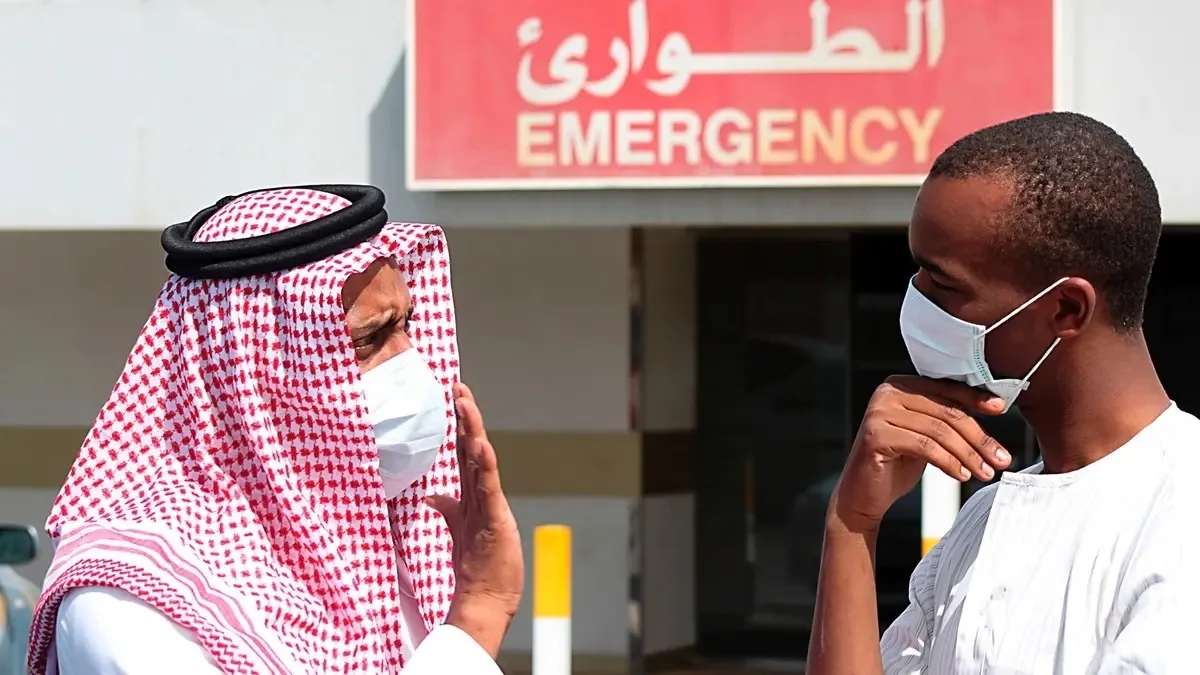Since July 2013, 94 Cases of Middle East Respiratory Syndrome Coronavirus or MERS-Cov, have been reported in the United Arab Emirates (UAE) with 12 deaths.
The infection includes a 28-year-old expat who had tested positive following a PCR done in June.
In the light of this development, here’s what you need to know about the virus.
What is MERS-Cov?
It is a viral respiratory infection, affecting humans and dromedary camels. It can have a high mortality rate.
According to the World Health Organization (WHO), approximately 35 percent of infected patients have not survived.
How do you get infected?
You can get infected from direct or indirect contact with infected camels. Person-to-person transmission is also possible.
What are the symptoms?
Your symptoms could range from asymptomatic or mild to severe acute respiratory disease with death. These include fever, cough, shortness of breath, pneumonia and gastrointestinal symptoms including diarrhoea.
A severe illness can cause respiratory failure which will need you to be on mechanical ventilation in an Intensive Care Unit (ICU). Those at risk for developing severe illness include older or immunocompromised people and those with chronic diseases such as renal disease, cancer, and diabetes.
What precautions can be taken?
If you visit farms, markets or other places with dromedary camels and other animals, you should practice regular hand washing before and after touching animals, and avoiding contact with sick animals.
Consuming raw or undercooked animal products including milk and meat carries a high risk of infection. To avoid cross-contamination, handle uncooked foods with care.
Source: Khaleej Times






